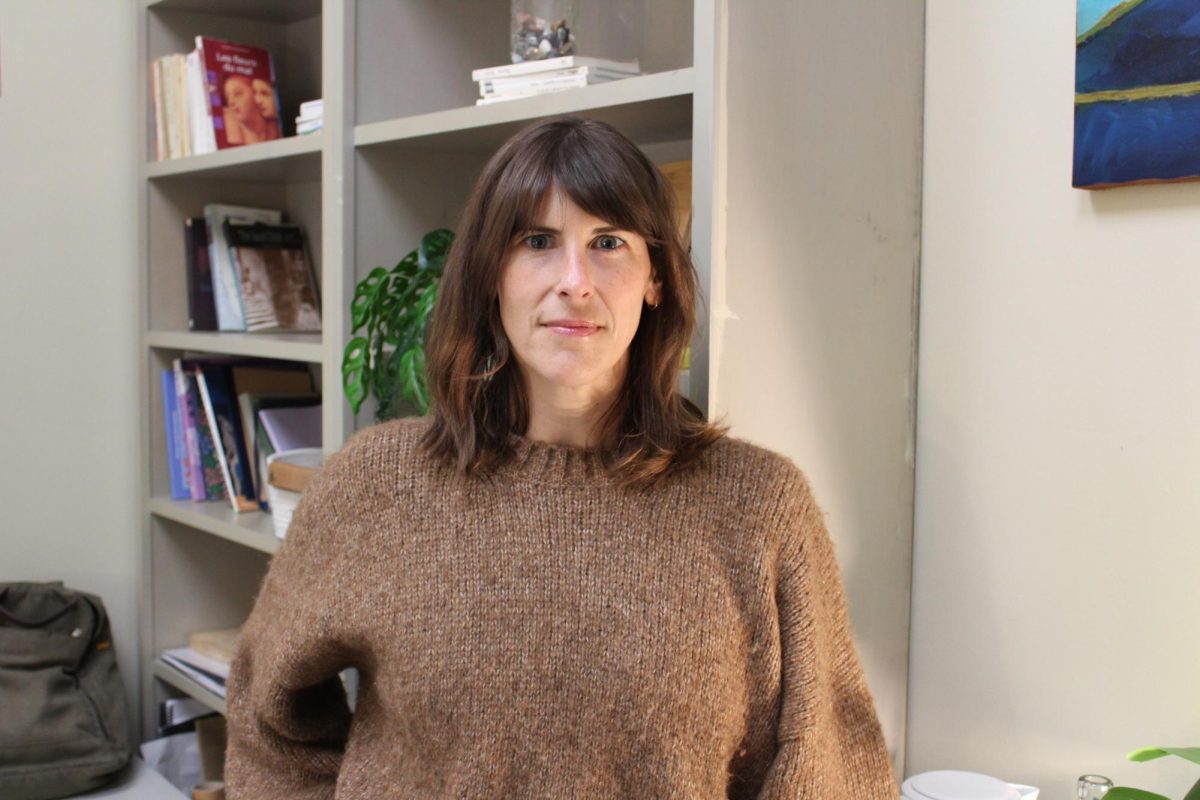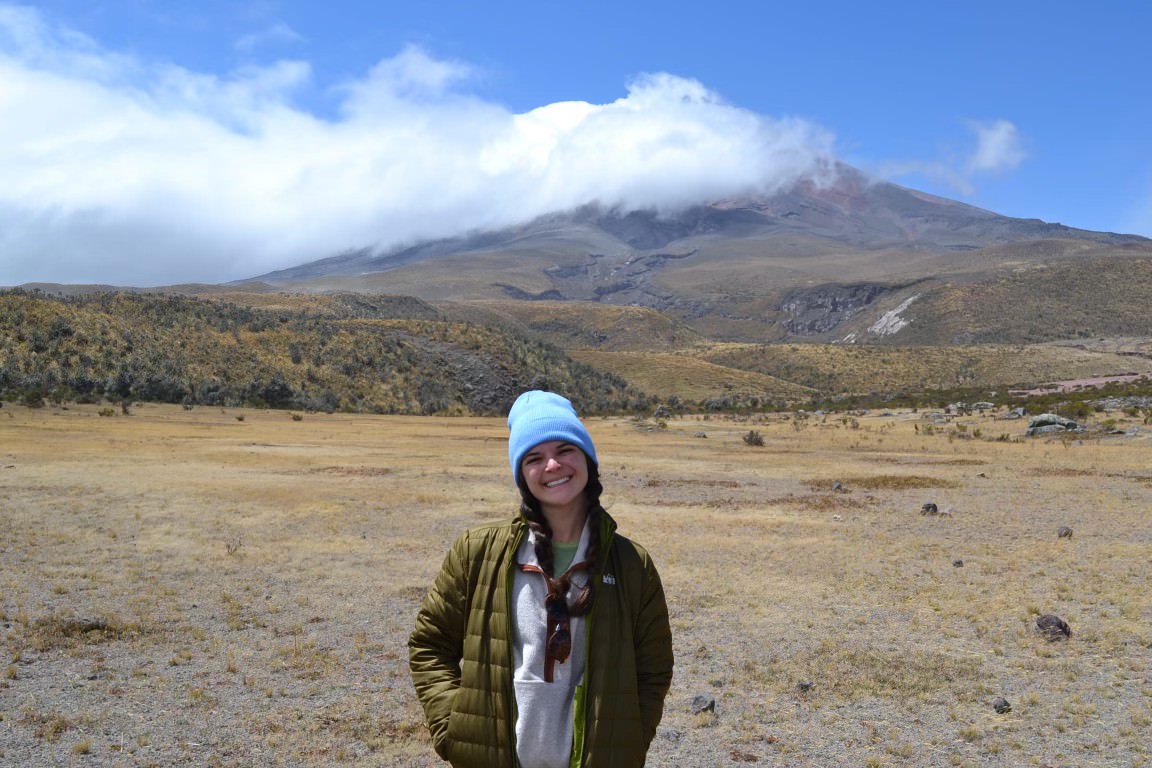What September 11 means for Chile
September 11 is a date shrouded in pain and emotion for the United States. It is a day that students both in the U.S. and abroad learn about in classrooms, as they continue to decipher its international implications. Upon my arrival in Chile, I soon learned of another September 11–one of similar heartache and trauma, yet of a completely different nature.
In 1970, Salvador Allende became the first ever democratically elected socialist president when he won the Chilean Presidency with 36.61 % of the vote. Allende’s victory was disliked by the United States, as the Red Scare was still fresh in many American minds. In fact, the U.S. funded Allende’s opposition before, during and after his Presidency, fearful that a successful socialist country would directly challenge American capitalism.
The country was soon thrown into chaos, however, when Allende’s presidency was violently overthrown. On Sept. 11, 1973, Allende was killed in a military coup d’état after which General Augusto Pinochet established himself as dictator of Chile. For many Chileans, the events of Sept. 11 marked the beginning of a 17-year vicious dictatorship, marred by forced disappearances, torture, murder, repression and military rule.
While the residential palace was being bombed, the rest of the military was hard at work detaining people known to support Allende’s government into mass detention centers. The largest of these was the National Stadium of Chile. The former sports and concert hall was transformed into a concentration camp, where anticipated nonconformists were violently tortured and killed. The unspeakable torture that men, women and children endured ranged from physical and psychological torture to sexual violence. It is estimated that more than 40,000 people were detained at the stadium alone, many never to be seen again.
One legacy of Pinochet’s regime is the ‘disappeared’ people. At the time of the dictatorship it was common for people to be ‘disappeared,’ whereby they were kidnapped, detained for a period of time and never heard from again. It is known now that the Pinochet regime systematically dropped bodies into the Pacific Ocean from helicopters, eager to conceal the copious human rights violations occurring. The families of the disappeared will likely never receive justice for the atrocities committed against their loved ones. In fact, Chile is struggling to reconcile its history and face the reality of the dictatorship.
I had the privilege of attending the Sept. 11 memorial event at the National Stadium in Santiago, Chile on the anniversary of the coup. The raw emotion of the event was palpable as we navigated the rows of benches where Chileans—only 46 years ago—were brutally tortured and killed. Some onlookers stood in silence. Others wept at the sight of pictures commemorating those lost. Yet there was also an overwhelming presence of hope. People sang, danced, chanted fiery condemnations of the dictatorship and cheered as fireworks lit up the sky. Additionally, every person present soundlessly vowed for one thing: to never let the country forget what happened.
Hearing the testimonies of Chileans who experienced torture is overwhelming. But, besides justice for the oppression they suffered, the one thing the survivors want more than anything is for their story to be heard. During my time in Chile, I will take on the immense responsibility of listening to survivors and hopefully sharing their stories, so that the atrocities initiated on Sept. 11, 1973 will not be forgotten by the world.

































